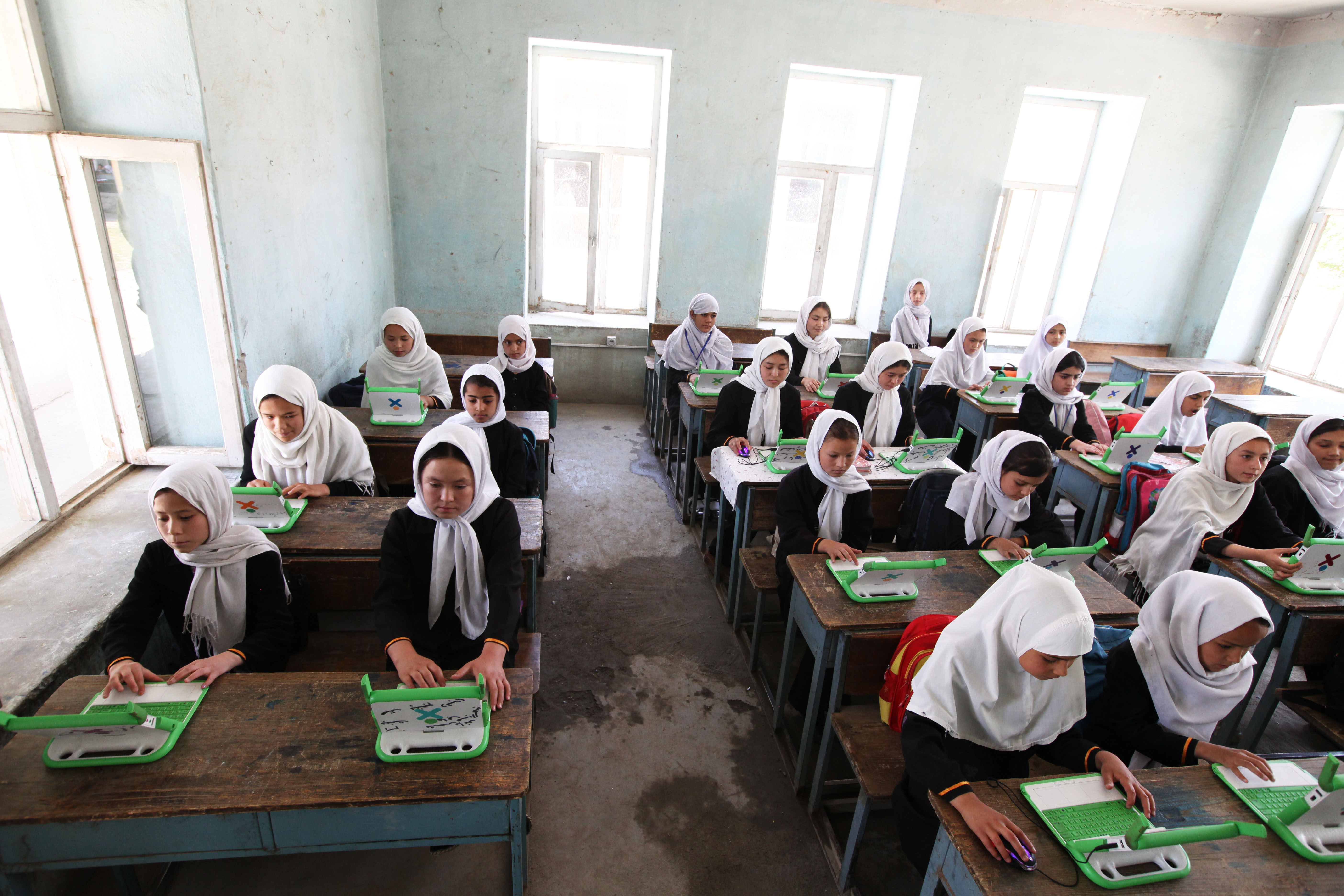As noted here last week, India’s Human Resource Development Minister Sibal announced an interest in distributing a $35 touchscreen tablet to students across India. Charbax demonstrated the reference design used is likely from AllGo Embedded Systems, which recently displayed a matching ARM device.
While Fast Company, Wired, (and later All Things Considered) have responded skeptically to the proposed cost, let’s assum that one day we will be able to make such tablets, just as we now have $100 laptops. (I don’t think they are far off – we likewise think we can have a more powerful, rugged tablet for twice that cost by the following year.) What I want to know is: will the government invest in a national deployment, in providing equal access to rich and poor, and in the connectivity infrastructure needed to make this a truly empowering shift?
Some of the statements made suggest the government are considering a nation-wide 50% subsidy and promotion across over 5,000 schools. That’s a fantastic start — I hope their interest persists long enough to start such a project in earnest.
Update: We would be glad to share any of our tech and experience with an India project to help their vision succeed. Nicholas published an open letter to the Ministry inviting them to Cambridge.


